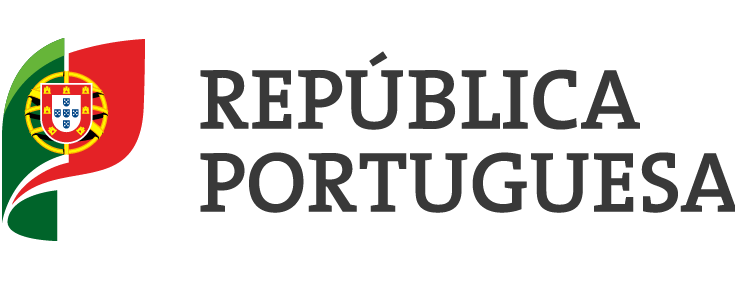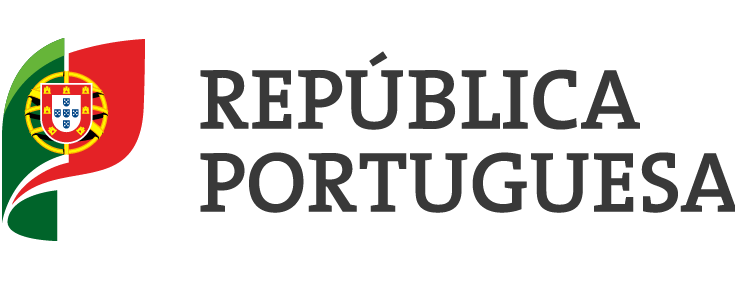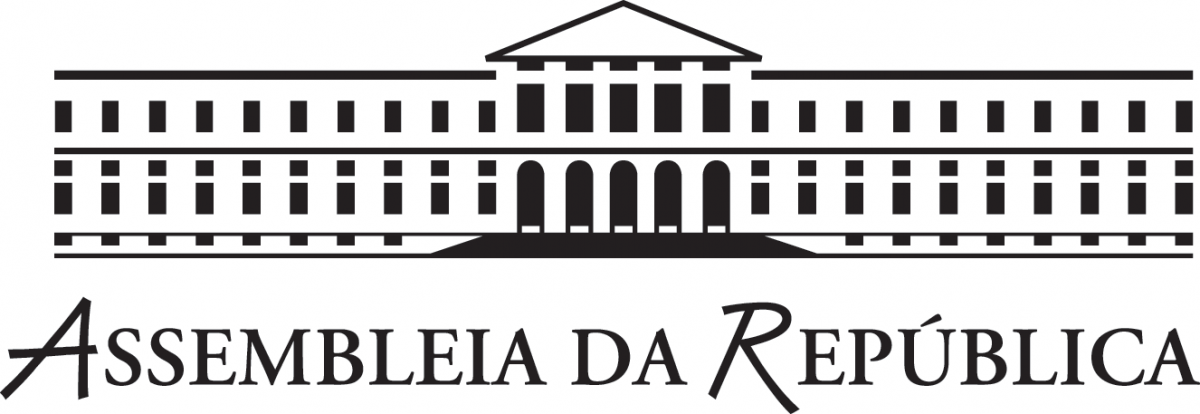Youth Policymaking in Portugal
How does it work?
Portugal has three levels of governance: Central, Regional (Autonomous Regions of the Azores and of Madeira) and Local. At Central level, the XXII Constitutional Government established that youth policy is a transversal competence. This means that several government bodies collaborate to formulate youth policy; the competent authorities for youth matters are the Portuguese Institute for Sport and Youth (IPDJ) and the Secretary of State for Youth and Sport. In addition, article 70 of the Constitution of the Portuguese Republic protects the economic, social and cultural rights of young people. The collaboration continues in the decision-making, implementation and monitoring steps of the policy making process. Want to know more? The Permanent Youth Observatory of the Social Sciences Institute of the University of Lisbon gathered a collection of legislative measures in the youth sector.
Article 70 of the Constitution of the Portuguese Republic sets a list of areas in which the State shall ensure the protection of young people’s rights and needs. Which one of the following areas is NOT included in the list?
Institutions
Who are the actors involved and what role do they play? Click on an institution to learn more.

Secretary of State for Youth and Sports (SEJD)

Ministry of Education

Portuguese Institute for Sports and Youth (IPDJ)

Committee on Education, Science, Youth and Sport (CECJD)
Which of the following representative platforms has a statute established by Law 1/2006 approved by the Assembly of the Republic?
Policy Plans
Follow the path some policies took from draft to reality. Where did youth contribute?
Portugal's National Youth Plan
The National Youth Plan 2018-2021 (PNJ) was adopted by the Council of Ministers in September 2018. The objective of the Plan is to strengthen the protection of the rights of young people and to ensure its transversality. The PNJ focuses on several areas affecting the lives of young people. Want to know more?